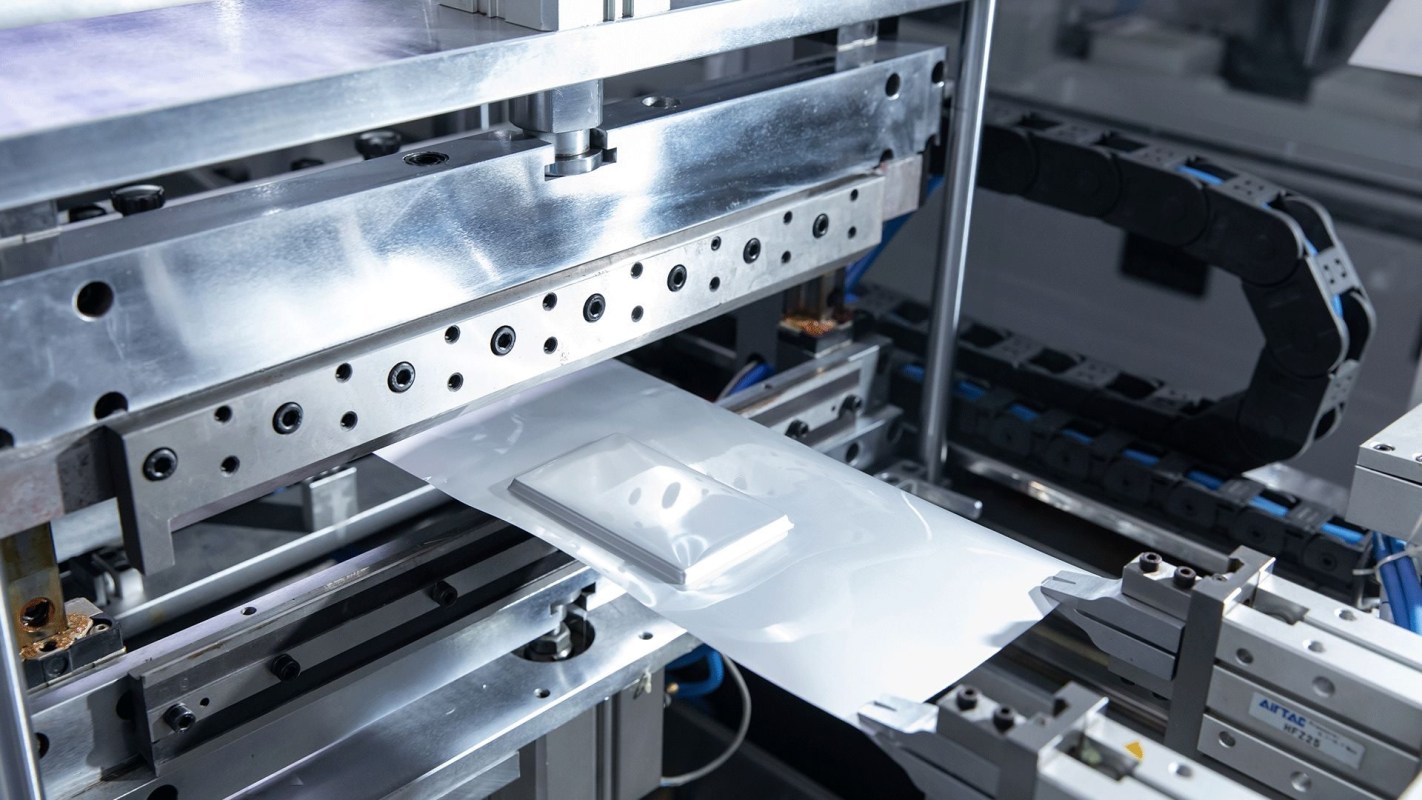The soaring popularity of electric vehicles has showcased that old things become new again, but a revolutionary startup may just ensure the star of EVs doesn't prematurely dim this time around.
Hong Kong-based GRST, the 2023 winner of the Clean Our Air Earthshot Prize, has discovered a way to create lithium-ion batteries that last 10% longer while cutting planet-warming pollution associated with the production process by 40%.
"The electric vehicle revolution is here, but the world needs a sustainable battery revolution to accompany it. Our technology is better for the environment, better for people, and more efficient than conventional battery technology," GRST co-founder and CEO Justin Hung said in a statement on the environmental award's website.
🗣️ Would you be more likely to use a rideshare service that offers EV rides?
🔘 Absolutely 👍
🔘 Only if it wasn't more expensive 💰
🔘 Only if the wait times weren't longer ⌚
🔘 Not interested 🚫
🗳️ Click your choice to see results and speak your mind
The company, whose acronym stands for Green, Renewable, Sustainable Technology, builds its batteries with "a water-soluble binding composite," according to EarthshotPrize.org, making it easier to reuse the lithium, nickel, and cobalt for new batteries.
EVs don't release any harmful pollution from tailpipes, making them an important part of the transition away from dirty energy such as gas, coal, and oil — the burning of which releases asthma-causing pollution that has also accelerated the overheating of our planet.
As detailed by the award's website, the market for EV batteries is projected to grow by 30% annually until 2030. The process of mining the minerals for the batteries is hard on the environment, however, with the chopping down of trees, the contamination of water, and human rights issues among the concerns.
GRST intends to set up circular supply chains over the next several years to reduce the negative impact of the production and recycling processes.
"Our water-based production method removes the need for toxic solvents and binders while significantly reducing energy usage," GRST wrote on its website, adding that its method "saves costs for battery manufacturers and recyclers."
While the company's batteries are already for sale in some countries, per EarthshotPrize.org, GRST hopes its batteries will make up 5% of the global market by 2030.
"The world needs a massive amount of batteries to achieve net zero [pollution] by 2050. … Today, our water-based technology is driving this transformation to provide consumers with a sustainable energy future," Hung told the South China Morning Post, as reported by Yahoo.
Join our free newsletter for weekly updates on the coolest innovations improving our lives and saving our planet.









